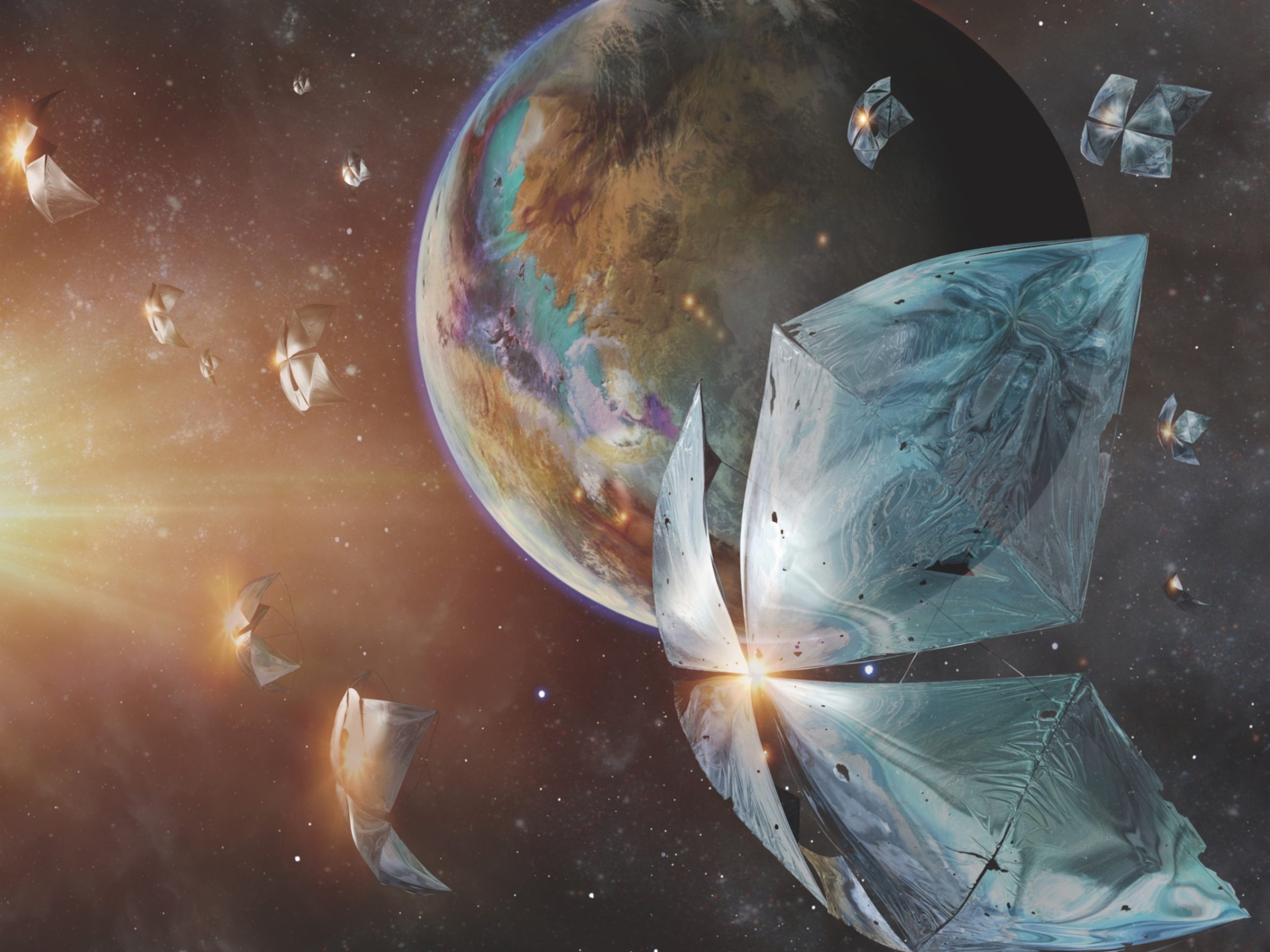
The quest to comprehend these mysterious artifacts is deeply rooted in humanity’s innate curiosity about the cosmos and our position within it. For centuries, humans have looked up at the stars, pondering the possibility of other intelligent civilizations existing among the countless galaxies scattered throughout the universe. Now, with advancements in technology and our ability to explore distant celestial bodies, the pursuit of signs of extraterrestrial life has entered a new phase of intensity and urgency.

One of the most tantalizing questions surrounding the discovery of alien artifacts is whether they are remnants of actual contact with intelligent beings or simply products of natural phenomena or human imagination. Archaeological findings on Earth, such as the Nazca Lines in Peru or the pyramids of Egypt, have sparked speculation about their origins and purpose, leading some to wonder if similar enigmatic structures found on other planets or moons could be evidence of alien intervention.
Moreover, the study of anomalous phenomena, such as unexplained aerial sightings or unidentified flying objects (UFOs), has fueled speculation about the existence of extraterrestrial visitors to our planet. While skeptics may dismiss such sightings as hoaxes or misidentifications, others argue that they could be indicative of advanced alien technologies or spacecraft traversing the cosmos.

The implications of discovering genuine artifacts left behind by aliens are vast and multifaceted, touching on various aspects of human society, culture, and worldview. From a scientific perspective, such a discovery would revolutionize our understanding of biology, evolution, and the potential diversity of life forms in the universe. It could also provide valuable insights into the development of advanced civilizations and the technological capabilities they possess.

Furthermore, the discovery of alien artifacts would undoubtedly have profound philosophical and existential implications for humanity. It would force us to confront fundamental questions about our place in the cosmos, our relationship to other intelligent beings, and the nature of existence itself. It could challenge long-held religious beliefs and cultural narratives, prompting a reevaluation of our understanding of spirituality, consciousness, and the meaning of life.
On a practical level, the discovery of alien artifacts could have far-reaching implications for geopolitics, economics, and the future of space exploration. It could spark renewed interest and investment in scientific research and space exploration initiatives, as nations around the world vie for a better understanding of our place in the cosmos and the potential benefits of interacting with other intelligent civilizations.

However, it is important to approach the study of alien artifacts with a healthy dose of skepticism and critical thinking. While the prospect of discovering evidence of extraterrestrial intelligence is undeniably exciting, it is essential to subject any claims or findings to rigorous scientific scrutiny and verification before drawing definitive conclusions.

In the end, the quest to unravel the mysteries of alien artifacts represents a thrilling journey of discovery and exploration, offering humanity the opportunity to expand our understanding of the universe and our place within it. Whether these artifacts ultimately prove to be genuine relics of alien contact or simply intriguing curiosities of natural or human origin, their study challenges us to contemplate the boundless possibilities of the cosmos and the profound mysteries that await us among the stars.




